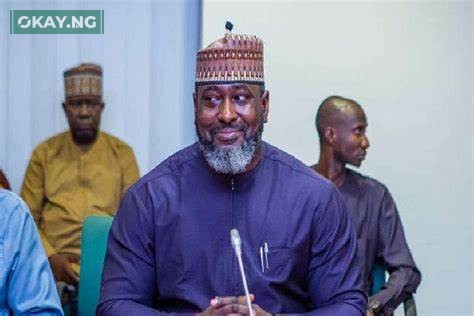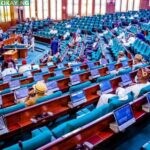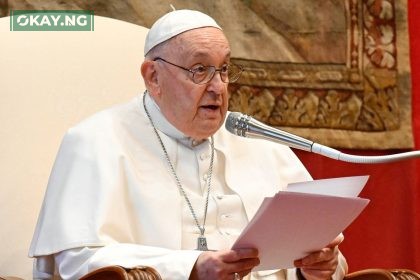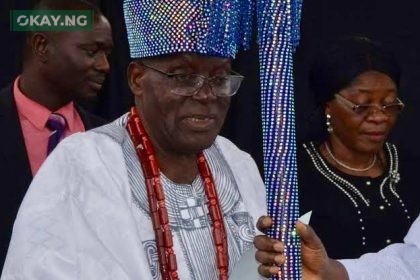The Nigerian Economic Summit Group (NESG) has launched its “Arc of the Possible,” a comprehensive strategy designed to steer Nigeria’s economy towards sustainable growth and improved living standards, amidst the current administration’s reform challenges. This new framework addresses the unintended consequences of recent economic policies, such as escalating living costs and rising poverty, by proposing targeted interventions across key sectors.
“With clear targets across key sectors in the short to medium term, the strategy underscores NESG’s commitment to actionable solutions that unlock growth and prosperity,” stated Dr. Tayo Aduloju, CEO of NESG, during a media interactive session in Abuja. He emphasized that while the government’s reforms, including fuel subsidy removal and exchange rate unification, hold potential, “the danger is that a sub-optimal policy execution or reform reversal will lead to economic stagnation and heightened vulnerabilities.”
The “Arc of the Possible” identifies three critical reform priorities for 2025:
- Achieving Stable and Moderate Inflation: This involves strengthening fiscal discipline through progressive tax reforms, reducing wasteful expenditures, and redirecting subsidy removal gains into targeted social programs. Additionally, enhancing the monetary policy transmission mechanism and lifting import bans on essential goods are crucial for stabilizing prices.
- Boosting Foreign Exchange Liquidity and Stabilizing Forex Rates: Streamlining trade processes, enhancing remittance inflows via digitalization, and maintaining a credible monetary policy framework are vital for building investor confidence and ensuring exchange rate stability.
- Improving Fiscal Performance and Reducing Debt Vulnerabilities: This focuses on revenue-driven fiscal consolidation, reallocation of expenditures, and leveraging public-private partnerships (PPPs) to reduce debt levels and promote fiscal stability.
The NESG’s strategy is anchored on six reform principles, including commitment to a competitive economy, private sector investment, and democratic governance. In the short term (2025-2026), the focus is on creating a positive investment climate, tackling food sovereignty, and addressing insecurity. Key sectors targeted for improvement include energy, agriculture, technology, infrastructure, and trade.
Read Also: NESG Predicts Inflation Decline, Naira to Stabilise at N1,300/$ in 2025
Specific targets for 2026 include:
- A 20% growth in the real GDP of the ICT sector.
- Automation of 40% of citizen and business interactions with the government.
- Broadband penetration reaching 70%.
- A 50% reduction in post-harvest losses and a 20% increase in the production of top five crops.
- A 50% reduction in food imports.
- Metering 90% of elgible electricity customers.
- Increase crude oil production to 2.5 million barrels per day.
- A 40% increase in gas production.
- Doubling tonnage transported via railway.
- Full operationalisation of the seven highway concessions.
“For essential intermediate goods, a phased reduction of trade barriers will lower production costs for firms, enabling them to price products more competitively,” NESG stated, highlighting the potential to reduce inflation and enhance economic efficiency.
Economic Outlook and Recent Trends
The NESG’s economic outlook for 2025 anticipates a stronger economic trajectory, crucial for bolstering private sector participation and safeguarding living standards. Recent data indicates a positive trend, with Nigeria’s inflation rate declining from 34.8% in December 2024 to 23.18% in February 2025, following the rebasing of the consumer prices index (CPI). Consequently, the Central Bank of Nigeria (CBN) has maintained its Monetary Policy Rate (MPR) at 27.5%. The NESG projects that Nigeria’s inflation rate will decline to 24.7 per cent, while the exchange rate will also appreciate to N1,300/$ in 2025, signaling an improvement in macroeconomic stability.
The “Arc of the Possible” represents a strategic effort to recalibrate Nigeria’s economic policies, aiming for sustainable growth and enhanced living standards. As Nigeria navigates its economic challenges, the NESG’s comprehensive strategy offers a roadmap for achieving a more stable and prosperous future.












